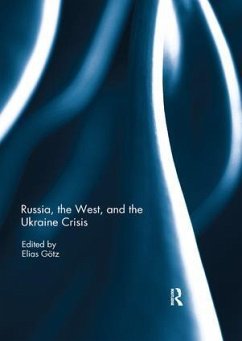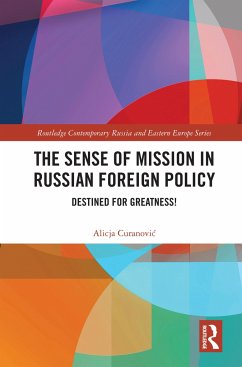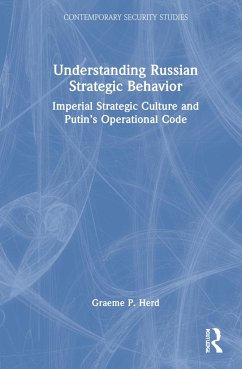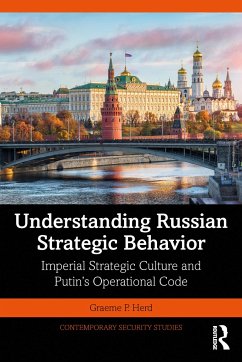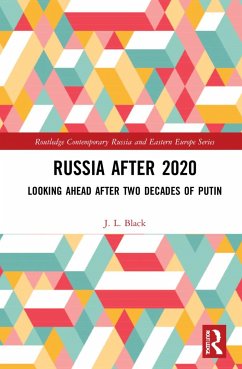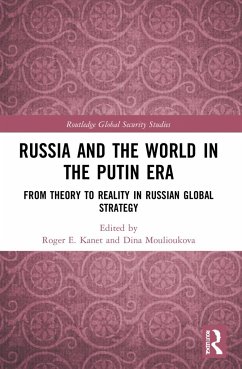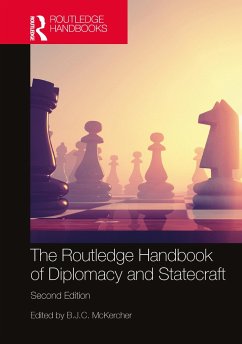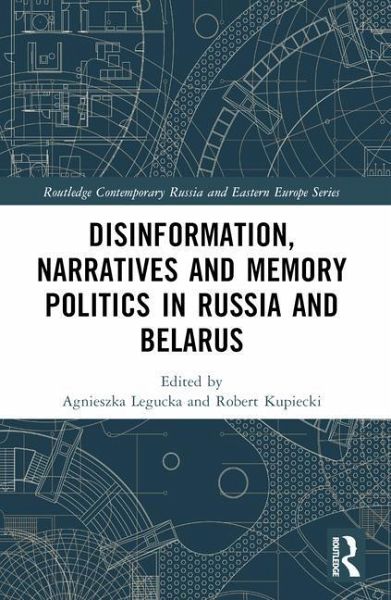
Disinformation, Narratives and Memory Politics in Russia and Belarus
Versandkostenfrei!
Versandfertig in 6-10 Tagen
45,99 €
inkl. MwSt.
Weitere Ausgaben:

PAYBACK Punkte
23 °P sammeln!
This book examines the ways in which Russia and Belarus use disinformation, "weaponised" historical narratives, and the politics of memory for domestic and foreign policy purposes, utilising these factors to justify aggressive foreign policy in defensive terms and, domestically, for legitimating local ruling elites, consolidating the states' propaganda machines, and mobilising both societies around national power centres. Besides analysing Russian and Belarusian disinformation, geopolitical narratives, and policies, the book also assesses the effectiveness of these measures and discusses how t...
This book examines the ways in which Russia and Belarus use disinformation, "weaponised" historical narratives, and the politics of memory for domestic and foreign policy purposes, utilising these factors to justify aggressive foreign policy in defensive terms and, domestically, for legitimating local ruling elites, consolidating the states' propaganda machines, and mobilising both societies around national power centres. Besides analysing Russian and Belarusian disinformation, geopolitical narratives, and policies, the book also assesses the effectiveness of these measures and discusses how the West can counteract the geopolitical narratives disseminated by Russia and Belarus that attempt to undermine Western democracies and weaken the resilience of its societies.





